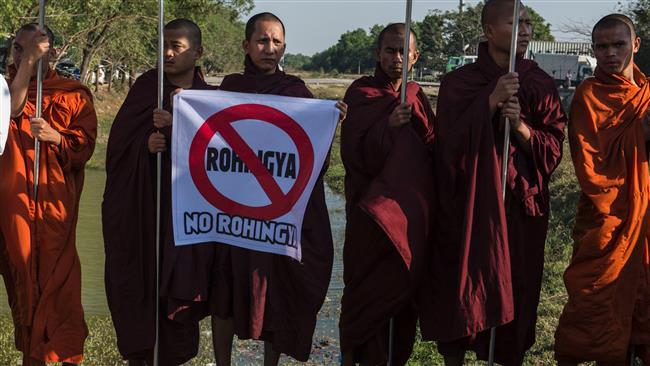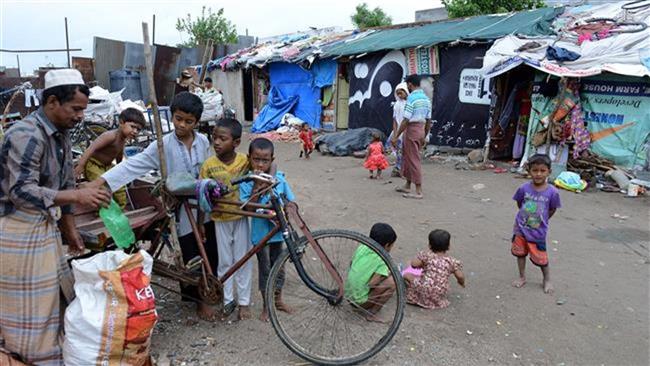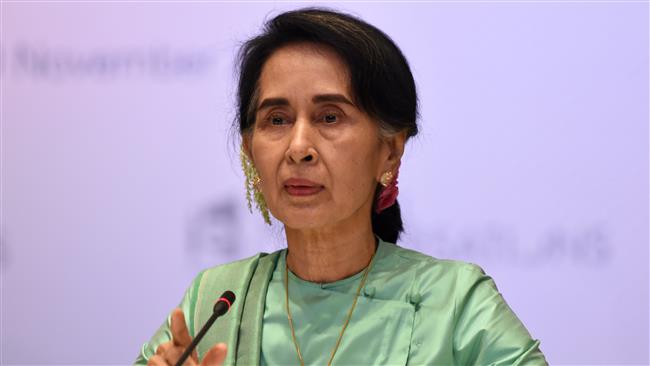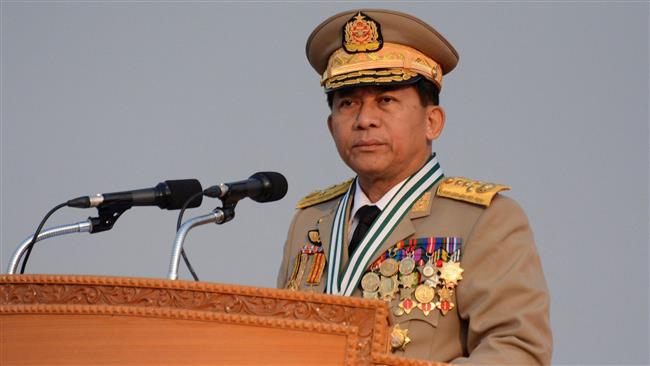Myanmar begins shutting down displacement camps in Rakhine
Myanmar authorities begin shutting down three displacement camps in the beleaguered Rakhine State, where persecuted Rohingya Muslims are mainly based.
“We have initiated the process to close down three IDP (internally-displaced persons) camps,” Myanmar’s National Security Advisor Thaung Tun said in a press briefing, without elaborating on where the camp inhabitants would be moved to.
The move came after a commission led last month by former UN secretary general Kofi Annan called on the government to close them as part of a series of measures aimed at mending simmering ethnic tensions that have led to the brutal persecution of Rohingya Muslims in the region.
The official further said the government had started with the three camps identified in the commission’s report, including one sheltering ethnic Rakhines and one that houses Kaman Muslims.

He further stated, “In Kyauk Phyu, there are IDP camps for Rakhines... Sittwe for the Rohingya group and Ramree... mostly for Kamans.”
The largest of the three includes more than 200 houses full of Rohingya Muslims.
Tens of thousands of people from Rakhine’s Muslim and extremist Buddhist communities were placed in internally-displaced camps after violence divided the poor region five years ago.
Read more:
Myanmar has been internationally censured for its brutal treatment of Rakhine’s more than one million Rohingya Muslims, whom the Buddhist majority and the government dismiss as illegal immigrants from Bangladesh.
The vast majority of the Muslims are not granted citizenship and face harsh restrictions on their access to education, healthcare, food and movements although many have lived there for generations.
The crisis reached a boiling point last October after Myanmar’s army began a brutal crackdown in the north of Rakhine, reportedly killing hundreds of Rohingya Muslims.
UN investigators say Myanmar’s forces may have carried out crimes against humanity and ethnic cleansing of the Rohingya during the crackdown.
Myanmar’s de facto leader Aung San Suu Kyi rejected such charges last week, asserting in an interview that the term ethnic cleansing was “too strong an expression.”
VIDEO | Press TV's news headlines
VIDEO | Iran will not 'capitulate' since it has military surprises for US
China overtakes US as Germany’s top trading partner
VIDEO | Displaced Gazans struggle to find clean water amid Ramadan
VIDEO | Pakistan strikes militant camps along Afghan border after suicide bombings
Iran FM: Chance still exists for win-win solution to nuclear issue
Denmark rejects Trump's plan to send US hospital ship to Greenland
US Secret Service kills man trying to enter Trump’s Mar-a-Lago estate













 This makes it easy to access the Press TV website
This makes it easy to access the Press TV website